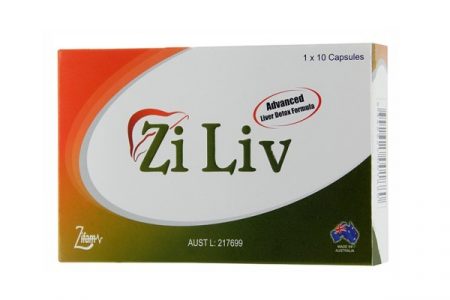
Know your Liver – Biochemical Factory of the Human Body
Liver and digestion may sound related, yes, when we think of the liver, the first thing that comes to our mind is good digestion. However, apart from digestion, it also plays a vital role in purifying the blood, regulating glucose and fat metabolism & storing energy.
Whatever we eat or drink, including medicines, almost all of it passes through the liver. Therefore, we need to treat our Liver right, so that it can stay healthy and function effectively.
Often, symptoms of liver diseases go unrecognized until the problem has already progressed to a serious level. That is the reason taking care of liver is important.
Certainly, certain dietary and behavioural interventions may help in maintaining healthy liver. Here are some simple pointers which can help you keep your liver healthy.
Keep a check on Alcohol Intake
- Too much alcohol consumption is the major cause of liver cirrhosis (liver damage that leads to liver failure).
- Wine may be good for the heart but , like it applies for anything, too much of it can be harmful.
- Studies confirm that hepatic steatosis (fat accumulation in liver cells) is often caused by alcohol abuse1.
Shedding off the Extra Pounds
- Obesity is a major risk factor for developing fatty liver (abnormal storage of fat in the liver that can lead to liver damage).
- Avoid spicy and fibreless fast foods. Add fresh fruits to your daily diet.
- About 30 to 60 minutes of exercise to your daily routine to help you to prevent gaining weight.
- Studies confirm that hepatic steatosis can be caused by being overweight1. In the absence of alcohol consumption, this condition is called as non-alcoholic fatty liver disease (NAFLD) and could increase cardiovascular risks.
Keep a Track on your Lifestyle Vices:
- Avoid indulgence in unprotected and unsafe sex, use barrier contraceptives that will avoid your chances of getting contracted by sexually transmitted diseases like Hepatitis B.
- Be careful of hygiene and precaution while getting body piercing and tattoos.
- Say no to intravenous drugs or any form of hallucinogenic substance abuse.
Healthy Foods for Liver
Multigrain bread, quinoa, whole grain pasta, brown rice, hulled barley, oatmeal, etc.:
- They are high in fiber. Foods which are high in fibre can downregulate the storage of sugar in the liver, thus avoiding overloading it, which gradually leads to liver disease.
- They also prevent constipation, are involved in the control of blood glucose and cholesterol and may help clean the liver of toxins.
Broccoli, spinach, beets, grapefruit, orange, etc.:
- Vegetables and colourful fruits are rich in fiber, vitamins and minerals, but most importantly antioxidants.
- As a result, they reduce inflammation and provide better protection against diseases, including those that can affect the liver.
Specific benefits of certain vegetables and fruits
Garlic and avocados help flush out toxins from the liver. Beetroots are rich in flavonoids, enhance the functioning of the liver. Broccoli contains the organic compounds that ease the process of digestion. Curcumin- found in turmeric can help in the production of bile.
Ditch the Unwanted Sugar
- The accumulation of fat in the liver is obtained by overconsumption of sugar or calories that may account for excess weight in the abdomen.
- To ensure that foods with added sugars are limited, the words “sugar”, “glucose”, “glucose-fructose”, “syrup of …”, and sugar alcohols such as sorbitol, maltitol, xylitol etc., should be identified. If the list of ingredients contains one of these words , it is better to find a substitute.
Physical Activity – Always Important
- Regular exercising lowers the chance of fat accumulation around the liver.
- The danger of fatty liver is that it can lead to inflammation, thus causing a condition called Non-Alcoholic Steatohepatitis. Over many years, NASH can further cause hardening and scarring of the liver, liver cirrhosis or even increase risk of liver cancer.
Regular workouts and physical activity can help burn out fat and prevent the unhealthy brunt on the liver. Our habits and food choices thus can certainly influence the maintenance of our liver health.
References
Adapted from:
- J Acad Nutr Diet. 2012 Mar;112(3):401-9.
- J Hepatol. 2017 Aug;67(2):339-348.
An Awareness Initiative from Makers of:


Product of:

Zifam Pinnacle Pty Ltd,
Sydney, Australia



